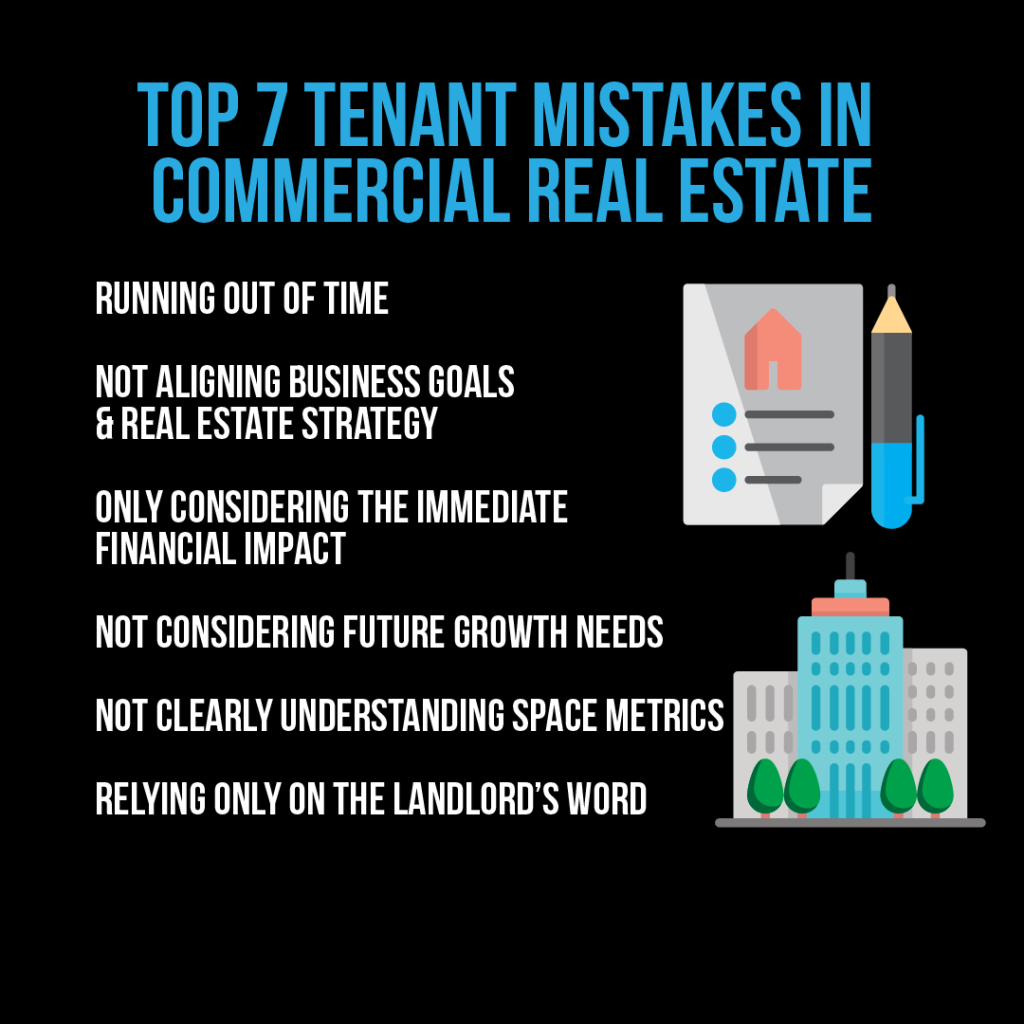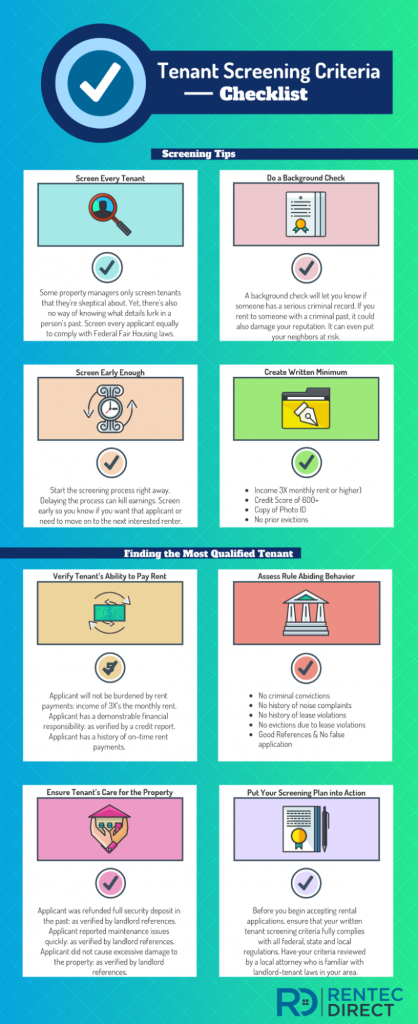Global Content: Tenant Screening and Selection Globally
Objetivos de aprendizagem da lição:
- Understand how tenant screening is done globally, including the use of credit checks, income verification, e rental history. These steps help landlords choose tenants who are financially responsible and trustworthy.
- Learn how different countries enforce anti-discrimination laws during the screening process. This ensures that landlords follow fair and legal practices when choosing tenants and avoid legal trouble.
- Explore the structure of lease agreements around the world, including the length of leases, security deposits, and clearly defined responsibilities for both landlords and tenants.
- Recognize how rent collection works globally, including common payment methods, how rent increases are handled, and the influence of rent control laws in certain countries.
- Identify global challenges in tenant screening and rent collection, such as late payments, eviction difficulties, e regional legal differences. Knowing these challenges helps landlords plan more effectively and avoid costly mistakes.
A. Screening Prospective Tenants Globally
Globally, tenant screening processes are designed to ensure that property managers select reliable tenants who can meet their rental obligations and care for the property. Screening standards and methods may vary depending on local regulations, but the core principles remain consistent.
How Tenant
Screening Works Globally
- Credit and Financial Background Checks: In global cities like New York, Tokyo, or Dubai, property managers frequently run credit checks to verify a prospective tenant’s financial reliability. Credit reporting systems in countries like the U.S. e Austrália are highly developed, allowing landlords to access comprehensive financial data.
- Income Verification: Globally, tenants are often required to provide proof of income, ensuring they earn enough to cover rent. For instance, in Sydney ou Los Angeles, landlords typically expect tenants to earn three times the monthly rent. This can be verified through employment contracts, bank statements, or pay slips.
- Rental History and References: Checking rental history is a global standard. In cities like Singapore ou Toronto, references from previous landlords can provide insight into a tenant’s behavior, including their payment history and care of the property. In competitive rental markets, these references can be a deciding factor in tenant selection.
Legal Considerations
Many countries have anti-discrimination laws to prevent biased tenant screening practices. In the United States, for example, the Fair Housing Act prohibits discrimination based on race, religion, gender, and other protected classes. Similar laws exist in countries like Austrália e Canadá, requiring property managers to follow strict guidelines during the screening process.
Figura: Tenant Screening Criteria Checklist
Descrição:
This infographic provides a comprehensive checklist for tenant screening, broken into two sections: Screening Tips e Finding the Most Qualified Tenant. The tips include important steps such as screening every tenant equally, conducting background checks, starting the process early, and establishing written criteria like income and credit score minimums. The second section focuses on verifying the tenant’s ability to pay rent, assessing rule-abiding behavior, ensuring care for the property, and implementing the screening plan. This guide emphasizes thorough, fair, and legal tenant evaluation practices.
Principais conclusões:
- Screening every tenant equally ensures compliance with Fair Housing Laws and prevents bias.
- Background checks reveal potential risks, such as criminal history, that could impact the safety and reputation of the property.
- Early screening helps avoid delays and allows landlords to move quickly if an applicant isn’t suitable.
- Written criteria, like a credit score of 600+ and proof of income, create clear benchmarks for tenant selection.
- Ensuring tenants have a history of paying rent on time and maintaining properties minimizes future issues.
Application of Information:
This checklist is essential for landlords and property managers to build a fair and efficient tenant screening process. Adhering to these steps ensures better tenant selection, reduces legal risks, and maintains the long-term profitability of rental properties. By implementing these practices, landlords can protect their investments and foster positive tenant relationships.
B. Lease Agreements and Rent Collection Globally
Lease Agreements
Globally, lease agreements establish the terms of the rental arrangement and are legally binding. Lease terms, security deposits, and tenant responsibilities vary by country but generally follow similar frameworks.
Key Components of a Global Lease Agreement
- Term of Lease: In many countries, lease agreements are for fixed terms, typically ranging from 12 months to several years. In cities like New York ou Melbourne, tenants are often provided with renewal options, allowing them to extend their stay if both parties agree.
- Security Deposits: Security deposits vary worldwide, typically ranging from one to three months’ rent. In Hong Kong ou Tokyo, tenants often pay a substantial security deposit, which may include key money (a non-refundable payment to the landlord).
- Tenant and Landlord Responsibilities: Globally, lease agreements clearly outline the duties of both parties. For example, in Singapore, landlords are responsible for major structural repairs, while tenants handle routine maintenance, such as cleaning and minor repairs.

Rent Collection
Rent collection practices differ depending on the country and local market conditions.
- Payment Methods: Globally, bank transfers are the most common method of rent payment, though in countries like India ou Mexico, cash payments may still be common in some regions. In more advanced markets like Canadá ou the U.K., online payment systems streamline rent collection.
- Rent Increases: In countries like the U.S. e Canadá, rent increases must be conducted in accordance with local laws, often requiring formal notices. Rent control laws exist in some cities, such as San Francisco e Berlin, to protect tenants from excessive rent hikes.
Challenges in Rent Collection Globally
- Late Payments: Late rent payments are a challenge for landlords worldwide. Property managers in countries like Japan ou Germany often have strict processes for managing late payments, including issuing notices and imposing penalties.
- Eviction Challenges: Global cities like Paris ou New York have strict tenant protections that make eviction a lengthy and costly process. Property managers must follow legal procedures closely to avoid violating tenant rights.
Conclusão
Tenant screening and management are critical components of successful real estate investments, both in Europe and globally. Effective screening helps property managers select reliable tenants, while well-drafted lease agreements and consistent rent collection practices ensure smooth property operations. Understanding local legal requirements, tenant protections, and market-specific practices is essential for navigating these processes efficiently.
Informações importantes da lição:
- Tenant screening around the world includes reviewing credit scores, checking employment and income, and gathering rental references. These steps help select tenants who can pay rent reliably and care for the property.
- Fair screening practices are protected by anti-discrimination laws in many countries, including the U.S., Australia, and Canada. Landlords must treat all applicants equally to stay compliant and avoid legal issues.
- Written screening criteria, such as a minimum credit score ou proof of income, help set clear expectations and reduce bias. Following a checklist ensures consistency and fairness in the screening process.
- Lease agreements globally define key terms like rental duration, security deposits, e maintenance responsibilities. In cities like Singapore, Tokyo, or Melbourne, these contracts help prevent misunderstandings and protect both parties.
- Rent is typically paid through bank transfers or online platforms, though cash payments may still be used in some areas. Rent collection systems vary by country, and landlords must adapt to local practices.
Declaração de Encerramento:
Strong tenant screening, clear lease agreements, and effective rent collection practices are essential for successful property management worldwide. These steps help landlords reduce risk, build positive tenant relationships, and stay legally compliant—no matter where their properties are located.


